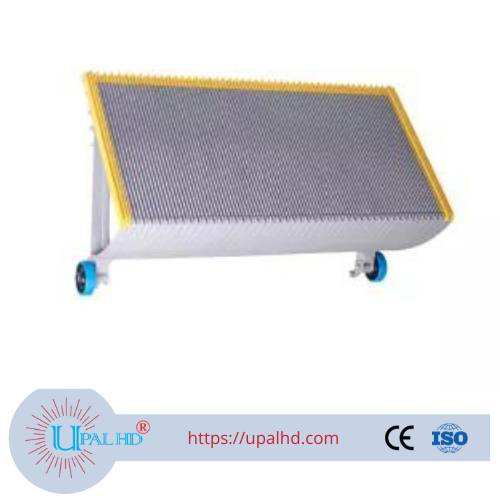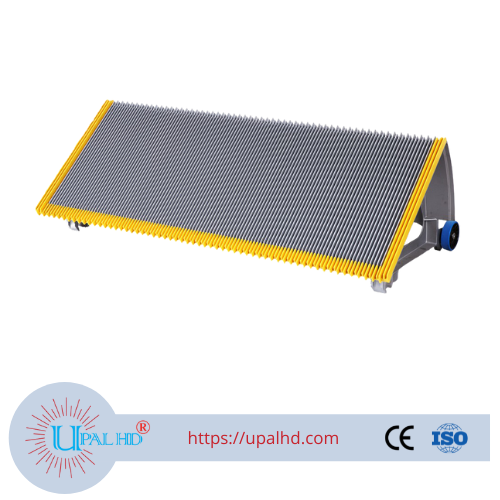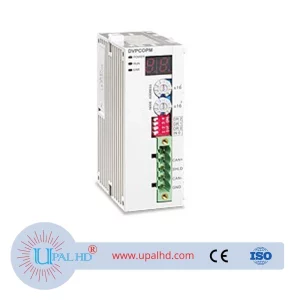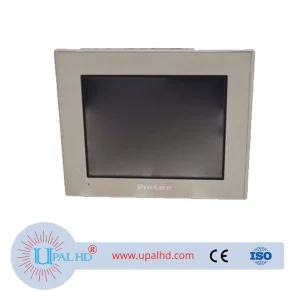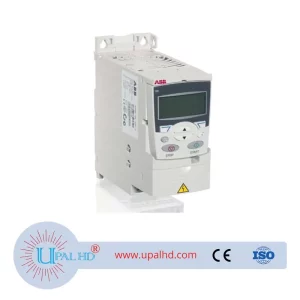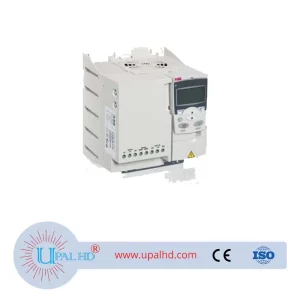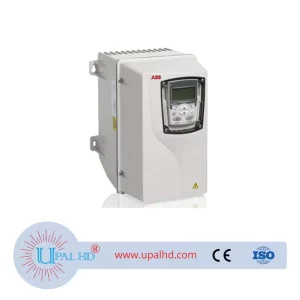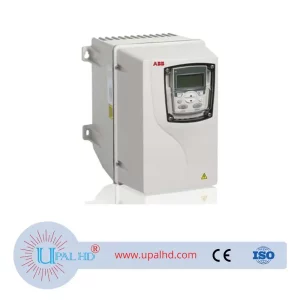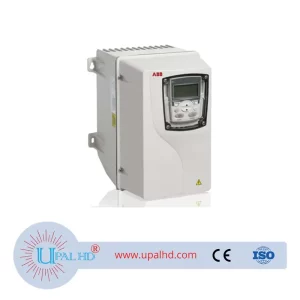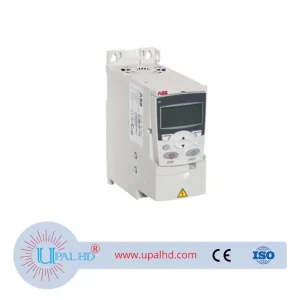Share to:
- Contact Peroson: Ms. Raihana
- Email: sales@upalhd.com
- Email: salse.upalhd@hotmail.com
- Phone-1: +86-16602136043
- Phone-2: +86-15557972300
Aditional Informations
Aluminum Alloy Escalator Step 9300
An aluminum alloy (or aluminum alloy; see spelling differences) is an alloy in which aluminium (Al) is the predominant metal. The typical alloying elements are copper, magnesium, manganese, silicon, tin, nickel and zinc. There are two principal classifications, namely casting alloys and wrought alloys, both of which are further subdivided into the categories of heat-treatable and non-heat-treatable. About 85% of aluminum is used for wrought products, for example rolled plate, foils and extrusions.
Cast aluminum alloys yield cost-effective products due to the low melting point, although they generally have lower tensile strengths than wrought alloys. The most important cast aluminium alloy system is Al–Si, where the high levels of silicon (4.0–13%) contribute to give good casting characteristics. Aluminium alloys are widely used in engineering structures and components where light weight or corrosion resistance is required.[1]
Aluminium Alloy Escalator Step 9300
Alloys composed mostly of aluminium have been very important in aerospace manufacturing since the introduction of metal-skinned aircraft. Aluminium–magnesium alloys are both lighter than other aluminium alloys and much less flammable than other alloys that contain a very high percentage of magnesium.
Aluminium alloy surfaces will develop a white, protective layer of aluminium oxide if left unprotected by anodizing and/or correct painting procedures. In a wet environment, galvanic corrosion can occur when an aluminium alloy is placed in electrical contact with other metals with more positive corrosion potentials than aluminium, and an electrolyte is present that allows ion exchange.
Referred to as dissimilar-metal corrosion, this process can occur as exfoliation or as intergranular corrosion. Aluminium alloys can be improperly heat treated. This causes internal element separation, and the metal then corrodes from the inside out.
Aluminium alloy compositions are registered with The Aluminum Association. Many organizations publish more specific standards for the manufacture of aluminium alloy, including the Society of Automotive Engineers standards organization, specifically its aerospace standards subgroups,[3] and ASTM International.
FAQ ( frequently ask questions )
A: inquiry→quotation→confirm→send PI→make the payment→arrange the parts→delivery→receive the parts
A: By sea to your nearest port
By air to your nearest airport
By express (DHL,UPS,FEDEX,TNT,EMS)to your door
When your order shipping out . we will provide you a tracking number. then you can know clearly the status of the goods
A: Motsly parts we have stock before you want to book with us pls email us and confirm the delivery time and price. Usually 1-5 working days.
| DHL | Around 3-5 working days |
|---|---|
| FedEx | Around 3-5 working days |
| UPS/TNT | Around 6-8 working days |
| EMS | Around 10-15 working days |
| AIR | Around 5-7 working days |
| SEA | Around 15-30 working days |
A: Of course, common products are allowed to be exchanged as long as you pay the freight and custom cost
A: Yes, we have warranty for our parts. 3 months for PCB, 2 years for original roller and other roller, 3-5 years for COMI roller and 1 year for Yaskawa inverter. Please contact us to get more information for other products
A: You can send it back to repair ,but the freight and repair charge will be paid by you.
A: TT, Western Union, Pay pal, You can choose a convinient way for you .
Kindly contact our staff to get more answers. Thanks for your cooperation!!!”


